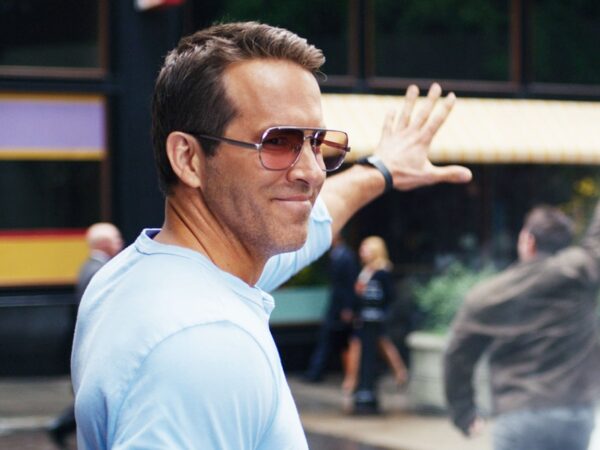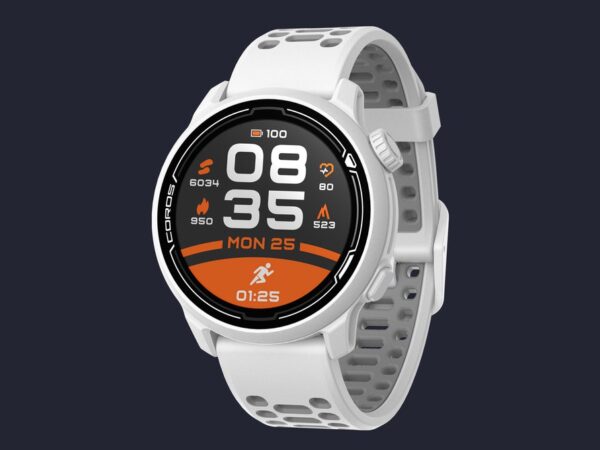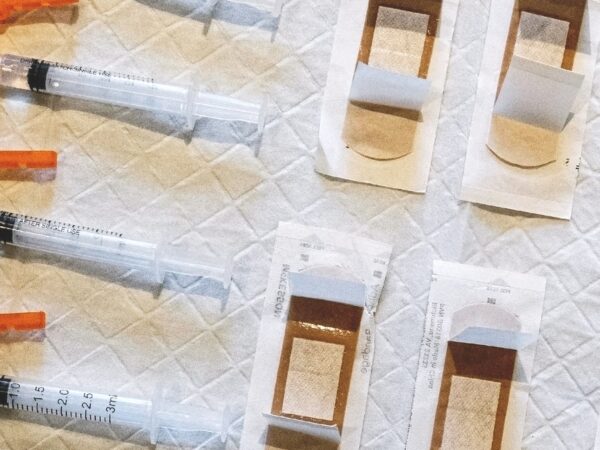If you haven’t heard, 2018 was extremely bad for Facebook. The company was rocked by so many scandals that it’s become hard to list them all in one place. I won’t try here, but I will say it’s equally difficult to determine how much those missteps really matter to Facebook’s billions of users. During a one-day event in New York City on Thursday, the social network got a chance to find out. On the edge of the annual holiday market in Bryant Park, Facebook erected a narrow kiosk, which looked like a mid-century modern shipping container, and filled it with employees ready to answer questions about privacy, ads, and how the company collects your data.
Facebook’s privacy pop-up predictably attracted swarms of journalists. The kiosk is meant to communicate that Facebook is taking concerns over privacy seriously. It was also, of course, an opportunity for the company to push its messaging around the nature of its business model. A friendly-looking sign pinned to a bulletin board helpfully displayed the perennial question: “Does Facebook sell my data?” “No, Facebook does not sell data to advertisers,” it answered, next to a cartoon of a padlock.
“Oh, that’s a good sign. I didn’t know we had that sign,” said Erin Egan, Facebook’s chief privacy officer, when I asked her about it. She had traveled from Facebook’s office in Washington, DC, for the event and was wearing a Gucci belt, which stood out next to the Silicon Valley-style fleeces and jeans on other employees. “One of the reasons we’re here, one of the reasons we’re going to continue to find new ways to answer questions, is to rebut statements that we sell—we’re not in the business of selling people’s data. That’s not what we do.” (A New York Times op-ed published the day before was the latest to make the case that the opposite is true. And as Molly McKew wrote in WIRED earlier this year, “It doesn’t matter that Facebook isn’t ‘selling data’—an oft-repeated theme. They are using psychographics to profile you and selling advertisers access to the products of those algorithms.”)
When I made it to the kiosk around noon, about an hour after it opened, I found it stuffed mostly with Facebook staff and other members of the media. The few civilians were left in a sometimes uncomfortable position. I watched a middle-aged man politely eat a free croissant while one reporter after another attempted to extract opinions from him. (“I’m here because my brother-in-law is a big user of Facebook,” he explained in between bites.) Along the wall were free cards with instructions on how to adjust your ad preferences and privacy settings. A handsome booklet with “10 Tips to Control Your Facebook Account” told people to avoid clicking on strange links and to never share passwords with anyone. (It didn’t mention two-factor authentication, an important security feature most experts recommend using.)
In true Facebook fashion, the event also served as a data-gathering mission. Near the door, a man who described himself as a “brand ambassador” asked me to fill out a short survey. “You don’t have to put in any data,” he reassured me. I think he meant I didn’t need to provide my name, because I was definitely supplying Facebook with information. I tapped through a series of questions about whether I agreed that Facebook was transparent about its privacy and data-sharing policies. While I did that, my mind wandered to the Facebook app on my phone. I wondered whether its location-sharing settings—had I had them enabled—would have allowed the company to figure out I was there. This was almost certainly not what Facebook wanted me to be considering.
In many regards, Facebook’s privacy pop-up was easy fodder for dunking on the company, as many on Twitter did. The event probably won’t change the opinions of anyone who already believes Facebook shouldn’t be trusted. But the staff there were also providing a genuinely useful service, one that people might have applauded more widely if a nonprofit hosted the event instead. For better or worse, more than two-thirds of Americans use Facebook. It’s beneficial to have a place where they can talk to someone, in real life, about their privacy settings.
Most of the headline-grabbing scandals that Facebook dealt with this year were largely abstract to the casual user. Even if you’re angry that Cambridge Analytica scooped up your data, it’s hard to know exactly what the firm may have done with it. At the Bryant Park kiosk, people were more concerned with learning about their News Feed and seeing ads for things they’re actually interested in.
The problems that are most devastating to normal Facebook users often concern basic data privacy. People may not understand that the information they share in closed groups isn’t actually secret. Nonprofit leaders don’t always know about phishing links. A man might not realize that his Facebook profile can be monitored by law enforcement. The way Facebook designed its platform surely helped exacerbate, if not entirely create, these issues. But having someone explain to you how Facebook works can help at least some of them be avoided, too.
More Great WIRED Stories
- Everything you want to know about the promise of 5G
- How WhatsApp fuels fake news and violence in India
- Blu-rays are back to prove that streaming isn’t everything
- An Intel breakthrough rethinks how chips are made
- 9 Trumpworld figures who should fear Mueller the most
- ? Looking for the latest gadgets? Check out our picks, gift guides, and best deals all year round
- ? Get even more of our inside scoops with our weekly Backchannel newsletter
Source:WIRED










